Understanding DOS and Its Legacy
When we talk about vintage gaming, the term DOS (Disk Operating System) often comes up as a cornerstone of the early computing experience. This platform did not just serve as an operational backbone for computers; it laid the foundation for a rich tapestry of gaming culture. Many players today are intrigued by the prospect of experiencing the classic titles that once captivated millions. Fortunately, you can effectively play dos games on modern systems, making vintage gaming more accessible than ever.
The Evolution of DOS as a Gaming Platform
DOS has its roots in the early 1980s, when it gained prominence as the primary operating system on IBM-compatible personal computers. Unlike graphical user interfaces, DOS was text-based, where commands were typed by the user. This required a certain level of technical familiarity, but it also made it a breeding ground for creativity in game development. Game designers had to work within the constraints of limited memory and graphical capabilities, but this led to innovative gameplay mechanics and storytelling unique to the medium.
Throughout the 1990s, DOS witnessed a golden age, with countless titles emerging. As graphics technology improved, DOS-based games started to implement more sophisticated sound and graphics, leading to iconic releases that defined entire genres. Despite the appearance of new operating systems, DOS games have endured, creating a sense of nostalgia that drives modern enthusiasts to seek out these classics.
Key Features That Defined DOS Games
Many features distinguish DOS games from their contemporary counterparts. Here are some key elements:
- Text-based Commands: Many DOS games required users to input commands directly, immersing players in a world where their interactions were integral to gameplay.
- 2D Graphics: While rudimentary compared to today’s 3D games, 2D pixel art held a charm that won the hearts of gamers.
- Chiptunes and MIDI Music: The audio from DOS games, often considered iconic, contributed significantly to the overall experience, creating an emotional resonance that remains memorable.
- Replayability: Many DOS games encouraged exploration and experimentation, often featuring multiple endings or labyrinthine storylines.
Popular DOS Games Everyone Should Try
The following titles represent just a fraction of the gems available on the DOS platform:
- Doom: A pioneer of the first-person shooter genre that defined a generation. Its fast-paced action and engaging multiplayer features set the standard for FPS games to come.
- Commander Keen: A platforming classic that brought humor and creativity back to gaming, featuring an adorable protagonist in a vibrant universe.
- The Secret of Monkey Island: An adventure game lauded for its wit and engaging story, allowing players to interact with a rich narrative through clever puzzles.
- Prince of Persia: Revolutionized platform gaming with its fluid animation and unique blend of timing and strategy.
Getting Started: How to Play DOS Games on Modern Systems
Preparing to dive back into the world of DOS gaming may seem daunting, but modern technology has simplified the process considerably. Here’s a step-by-step guide to help you get started.
Setting Up DOS Emulators for Seamless Gameplay
The first step to playing DOS games on contemporary systems involves downloading an emulator. DOSBox is the most popular choice due to its user-friendly interface and strong community support. It effectively emulates a DOS environment, allowing older games to run smoothly without encountering the compatibility issues typical on modern operating systems.
To set up DOSBox:
- Download and install DOSBox from its official website.
- After installation, locate the DOSBox configuration file to customize settings such as graphics and sound to match your preferences.
- Run DOSBox and mount your game folder, a step akin to creating a virtual drive for the DOS environment.
Essential Configuration Settings for Optimal Performance
Ensuring that your DOSBox configuration is optimized can significantly improve your gaming experience. Key settings include:
- CPU Cycles: Adjusting this setting allows you to control the game speed. Use “auto” for most games, but feel free to tweak it for better performance.
- Graphics Settings: Configure the video mode to suit your monitor, opting for “full-screen” for that nostalgic look.
- Sound Settings: Implement sound emulation settings for the best audio experience. Ensure sound drivers like Sound Blaster are enabled for older titles.
Installing Your Favorite DOS Games Easily
Obtaining and installing DOS games has become easier with dedicated platforms and repositories offering game downloads. Ensure you’re downloading from reputable sources to avoid malicious software. Follow these simple steps to install your games:
- Download the DOS game from a trusted source.
- Place the game folder in a dedicated directory on your computer.
- Run DOSBox and use the mount command to access your game folder, then input the executable file to launch the game.
Advanced Techniques for an Enhanced Gaming Experience
Once you’ve become familiar with the basics of playing DOS games, several advanced techniques can enhance your experience and breath new life into these classic titles.
Customizing Controls for Better Gameplay
Not every game offers the best control scheme for your playstyle. DOSBox allows for significant customization of keyboard and controller mappings:
- Open the DOSBox configuration file to remap keys according to your preferences.
- Consider setting up your gamepad to mimic keyboard commands, which can provide a more comfortable gaming experience.
Using Game Mods to Revitalize Classic Titles
Many classic DOS games have thriving modding communities, allowing you to enjoy new content, graphics, or even gameplay alterations. Engaging with mods can bring a fresh feel to games you’ve completed:
- Visit forums dedicated to specific games for available mods.
- Follow installation guidelines carefully to avoid corrupting your original game files.
Handling Compatibility Issues with Legacy Titles
Compatibility can be a hurdle when embracing older games, but DOSBox has features built to address these challenges:
- Use different DOSBox profiles to create custom settings for each game.
- Explore forums for specific patches or updates tailored to problem titles.
Exploring the DOS Gaming Community
Engaging with the DOS gaming community can enrich your gaming experience. By connecting with like-minded enthusiasts, you can share tips, discover new games, and participate in events that celebrate DOS gaming culture.
Connecting with Fellow DOS Game Enthusiasts
Online gaming communities are abundant, and many focus specifically on DOS gaming. Platforms like Reddit, Discord, and various gaming forums host discussions where players can exchange experiences, recommendations, and resources.
Participating in Online Forums and Events
Many online forums organize events, such as game nights or competitions. Participating in these activities can be a great way to meet new friends while reliving your favorite DOS experiences. Keep an eye on community boards for any upcoming events.
Contributing to DOS Game Preservation Efforts
Preservation of classic games is crucial for future generations of gamers. Many community-driven initiatives aim to archive games and maintain access to them. Consider contributing by:
- Helping to document games through wikis or forums.
- Sharing your insights and experiences through blogs or videos.
Measuring Your DOS Gaming Progress
As you delve into the world of DOS games, tracking your progress can enhance your engagement and provide a sense of accomplishment.
Tracking Achievements and Game Completion
Achievement tracking can vary based on the game, but many classic titles left a mark that players remember fondly. Consider using a journal or digital platform to log:
- Completion status of games.
- Achievements and milestones reached.
- Your personal thoughts and scores on each game.
Creating a Personal DOS Gaming Archive
Building an archive not only helps you track progress but enables you to share your experiences with fellow gamers. You might include:
- Game playthroughs and personal reviews.
- Unique strategies that worked for you along the way.
Sharing Your Experience: Reviews and Recommendations
Writing reviews or recommendations can be both fun and impactful. Share your findings on forums, social media, or personal blogs. Engage with the community by:
- Describing what made each game memorable.
- Offering helpful tips for newcomers to the game.
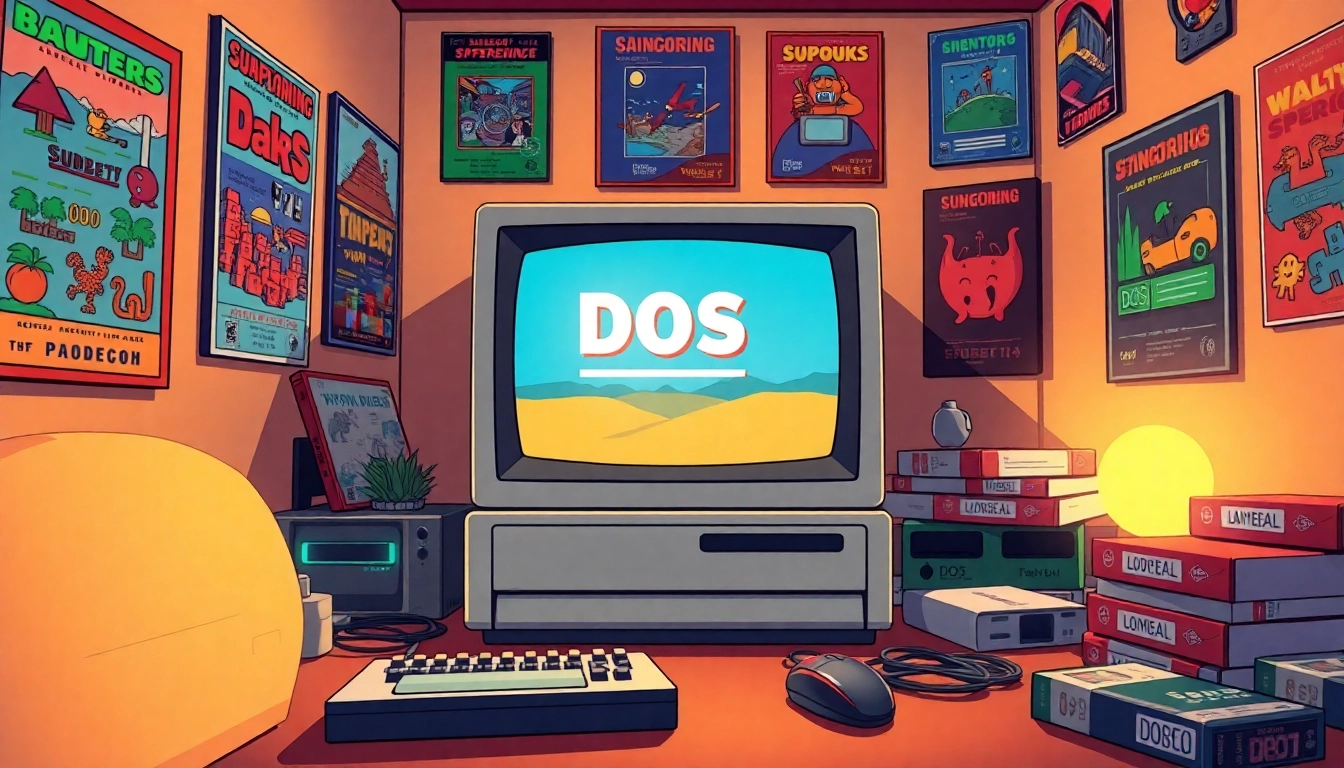

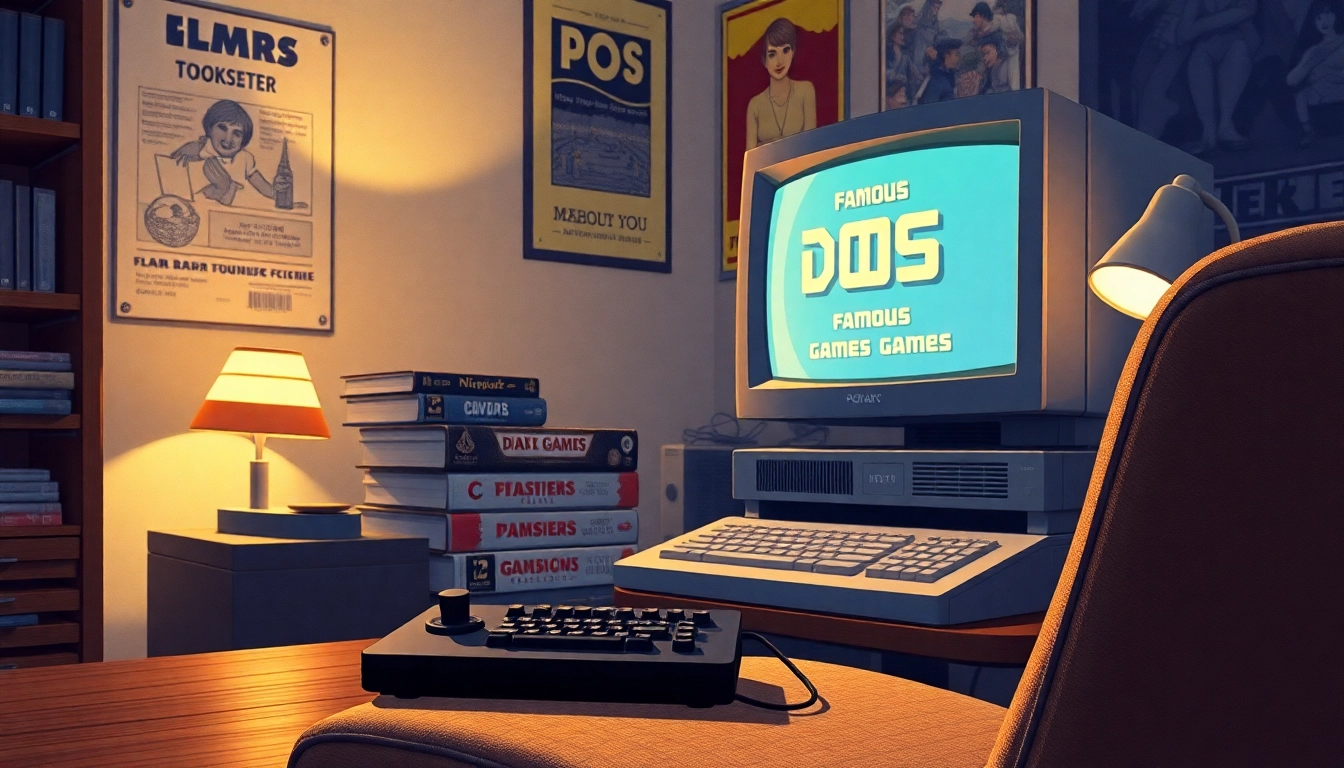

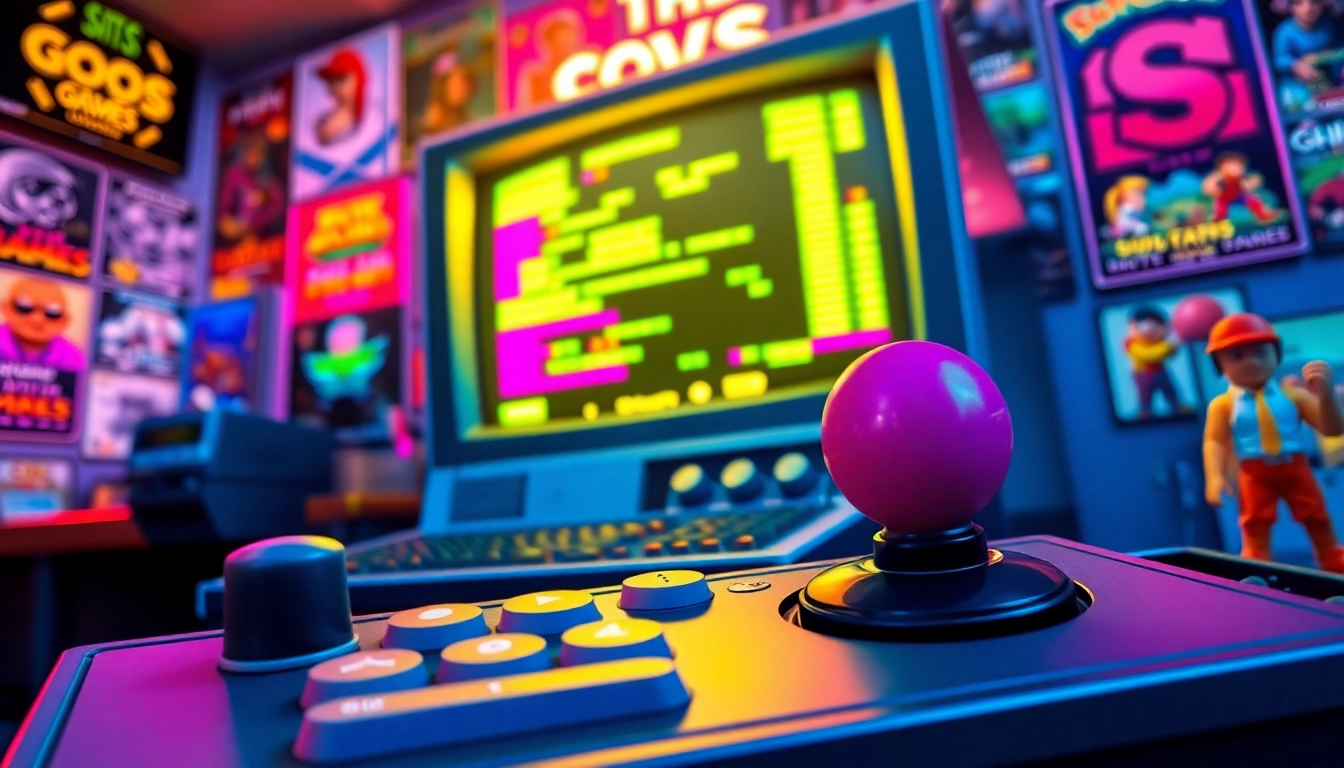
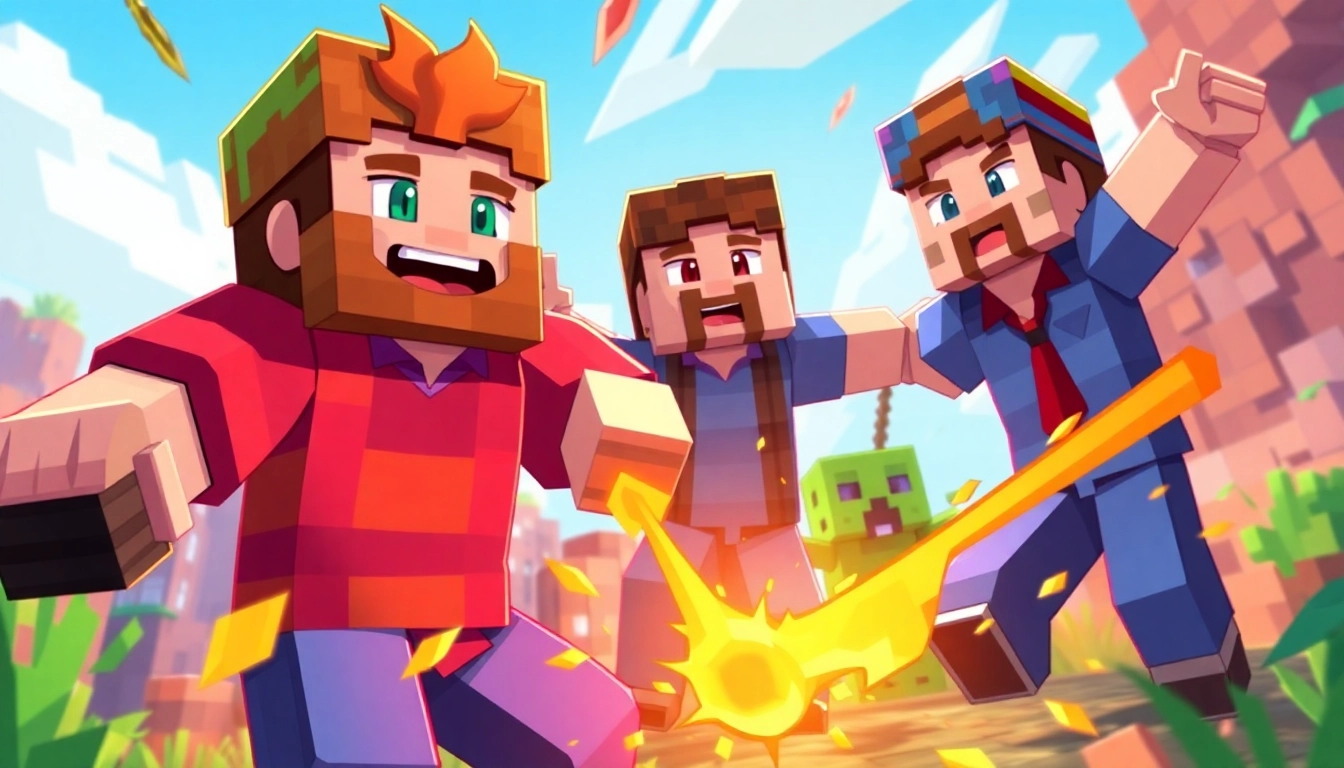



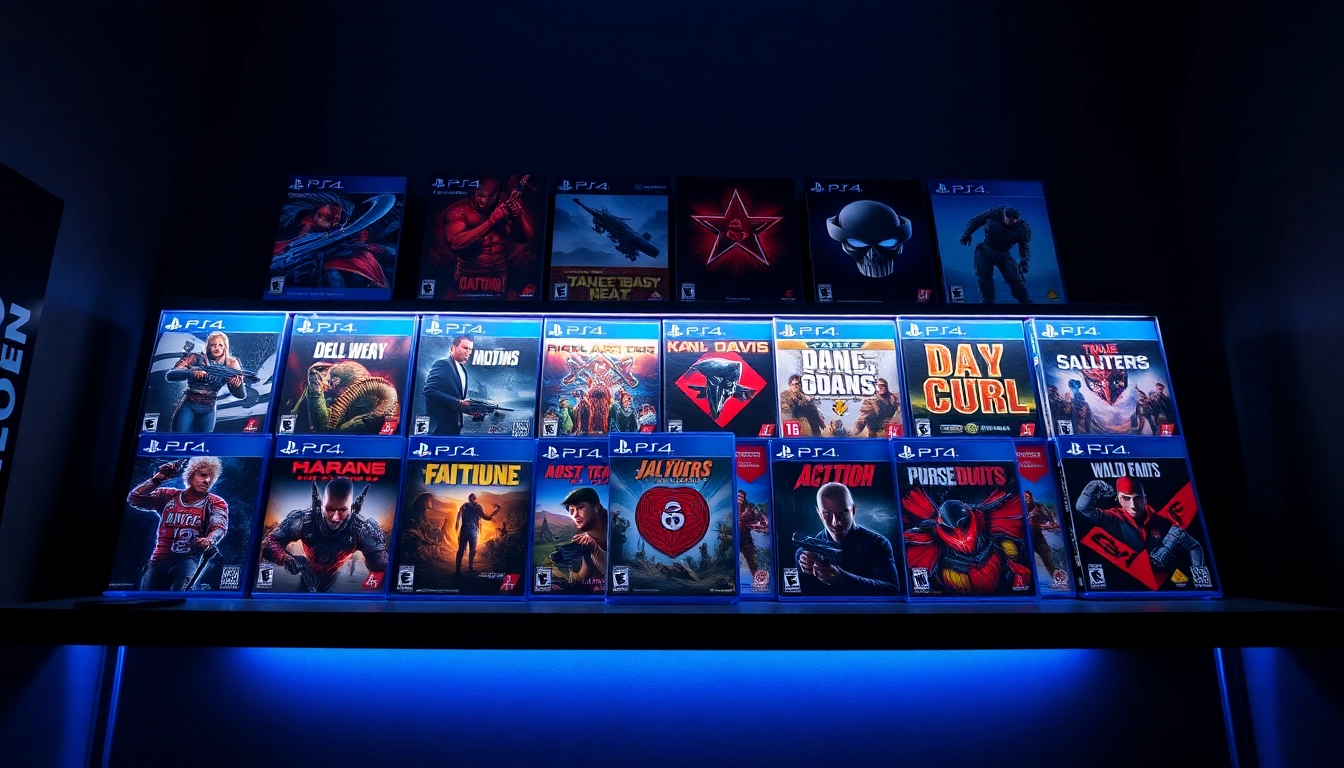





Leave a Reply